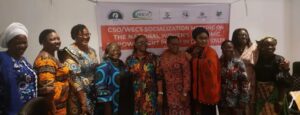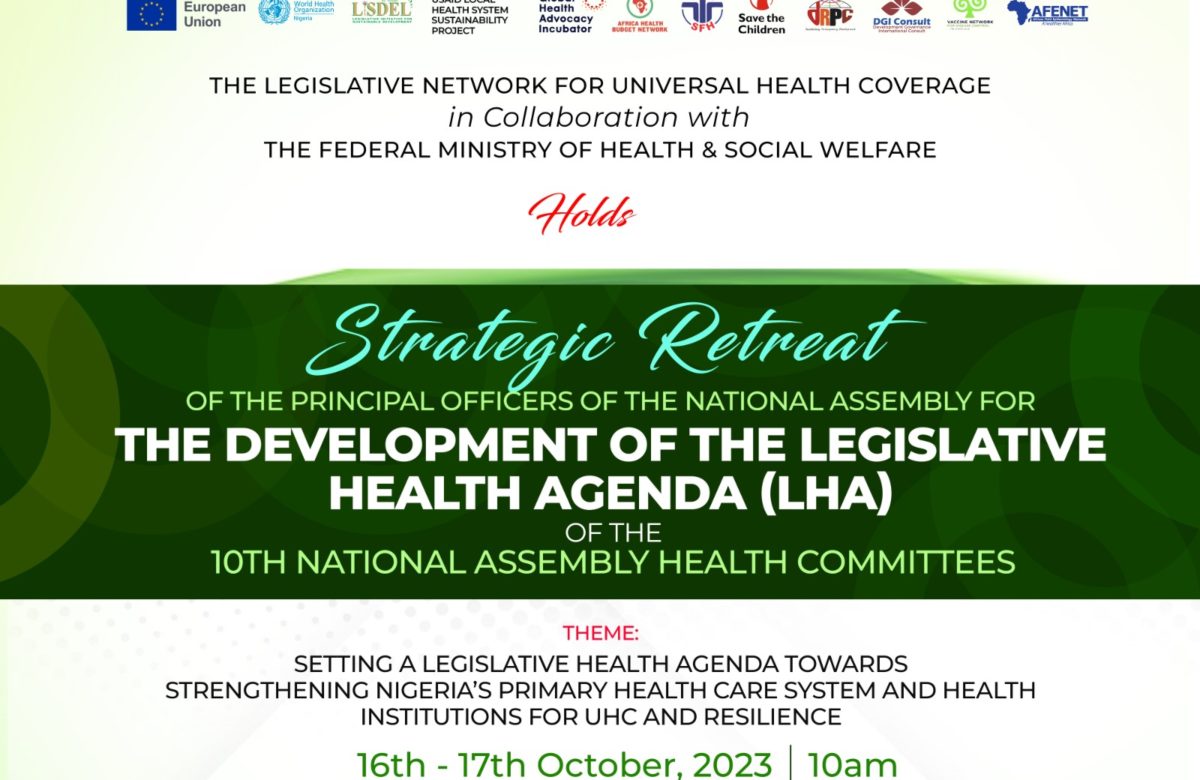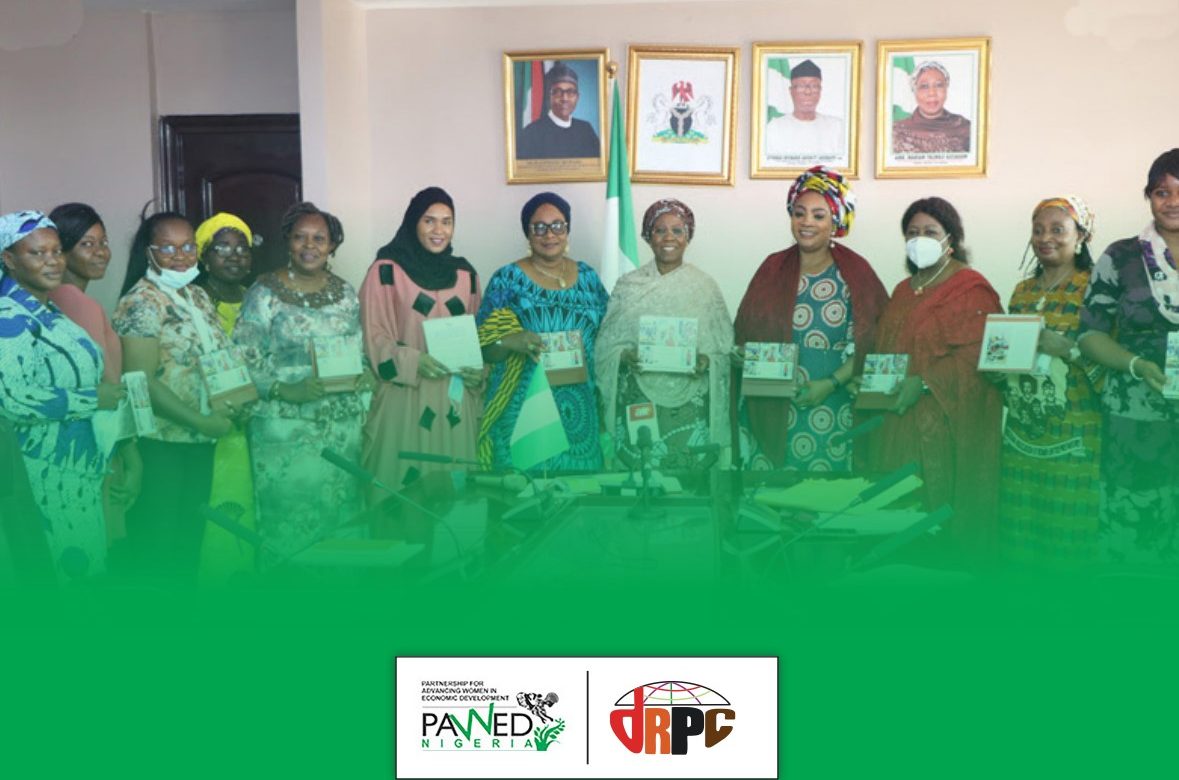CSOs advocate domestication of Nigeria’s women empowerment policy by state govts
- Gender
- No Comment
- 330

One overarching goal of the policy is for Nigeria to reach the top 90 countries on the World Economic Forum (WEF) Global Gender Gap Index by 2028.
Some women-focused civil society organisations (CSOs) have called for the domestication of the National Women Economic Empowerment (WEE) Policy and Action Plan by state governments across Nigeria.
The groups made the call Friday at a one-day policy socialisation workshop in Lagos organised by the development Research and Projects Centre (dRPC) to discuss and review the WEE policy.
Commending the Lagos State government for creating a committee to domesticate the policy, the participants underscored the need for its domestication to achieve Sustainable Development Goal 5 geared towards achieving gender equality and empowering all women and girls.
The WEE was launched in 2023 to streamline all gender policies and address disparities faced by women in accessing financial benefits and opportunities in various sectors.
The workshop had participants from the Lagos Chamber of Commerce and Industry (LCCI) Women’s Group, NECA’s Network of Entrepreneurial Women, Champion Women Entrepreneurs Mentoring Association (CWEMA), Anchor Coop Society, and Bomarah Foundation.
According to Kehinde Omojola, a consultant with the dRPC, the essence of policy socialisation is to address the gap of policies being made at the national level without educating and engaging stakeholders in civil society and the private sector at the state level.
Mrs Omojola said the process of policy socialisation is required to complement the state government’s efforts at policy domestication.
She also stressed the need for stakeholder engagement and the inclusion of rural women in the formulation of government policies.
She said that the non-performing loan rate for women-owned and women-led SMEs is only 2.7 per cent, which is 33 per cent lower than the rate for men, per the Global Banking Alliance for Women 2017 report.
“The policy gives a guideline and it tells us who is responsible for what and what needs to be done and even in some cases how to go about doing it,’ she said.
“With a proper policy in place, it is preparing us for success because we are now going to be intentional in what we do.”
Goals, components of policy
Mrs Omojola said the key components of the policy include agriculture, entrepreneurship, the traditional labour market, emerging industries and education and skill acquisitions, while the cross-cutting factors of the policy include Women’s Financial Inclusion (WFI) and literacy, and digital innovation, literacy and access.
She said the overarching goals of the policy are for Nigeria to reach the top 90 countries on the World Economic Forum (WEF) Global Gender Gap Index by 2028 and for Nigeria to be among the top 40 countries on the WEF Global Gender Gap Index Economic Participation and Opportunity sub-index by 2028.
For women’s economic participation, Mrs Omojola said, the goal is for Nigerian women’s labour force participation rate to increase from 55 per cent to at least 65 per cent by 2028.
She said that another goal is for the share of women in the agriculture labour force to increase from 19.6 per cent to at least 30 per cent by 2028.
Gaps, observations
According to Mrs Omojola, some existing gaps and challenges that justified the need for the WEE policy include limited funding, poor database, societal barriers and technical capacity bottlenecks.
In terms of limited funding, the President of Lady Ranchers, Aderoju Odunsi, said the challenge is a lack of awareness about funding initiatives.
Mrs Odunsi suggested that under the structural evolutions and innovation, the Ministry of Trade and Investments should be part of the leading MDAs to increase visibility and information on how to acquire and access self-empowering opportunities for underserved women.
Another participant, Mrs Oduwaye from the LCCI Women Group suggested that in terms of entrepreneurship, commercial and industrial banks should be involved in the disbursement of funds.
The Market Leader of Mile 12 Market, Precious Ojo, also observed that financial and digital literacy for women is paramount for the success of any business programmes or government interventions.
By Mariam Illeyemi
CSOs advocate domestication of Nigeria’s women empowerment policy by state govts




